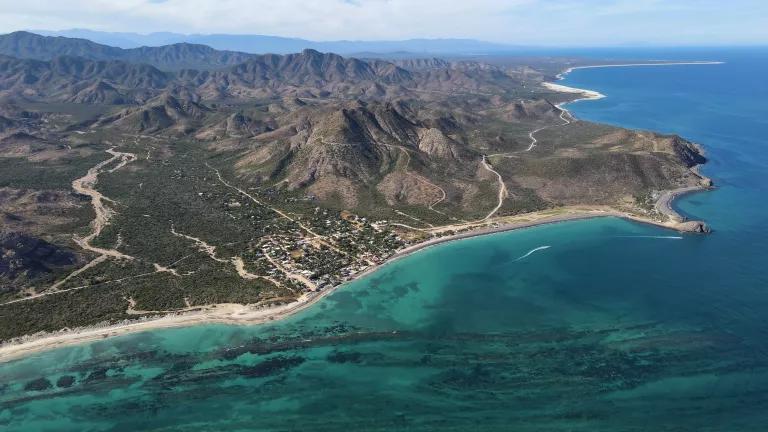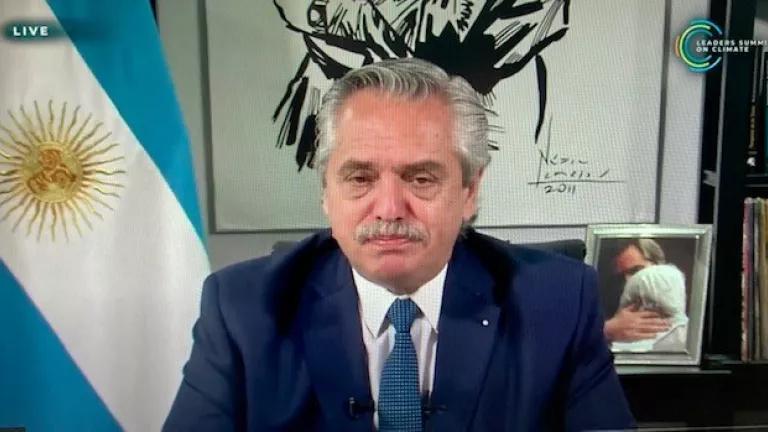
We can now add Mexico’s Senate to the list of entities scrutinizing the proposed Cabo Cortés mega-tourism complex. The head of Mexico’s Environment Ministry, Juan Rafael Elvira, has been called to appear before the Senate and will have to answer questions about the environmental permits his agency granted to the controversial project. This most recent inquiry comes on the heels of an unprecedented joint investigative mission by Ramsar, IUCN and UNESCO that travelled to Mexico last November to assess the impact of Cabo Cortés on the Cabo Pulmo National Marine Park – one of the world’s most robust marine reserves and an international conservation model. This Senate action underscores the serious concerns long-raised by civil society, scientists and academics about the project: Cabo Cortés is an environmentally, financially, and socially risky project with permits that are legally questionable. Mexico’s President Calderon should heed these concerns and cancel the Cabo Cortés project outright.
The Cabo Cortés project is proposed for a site just north and adjacent to Cabo Pulmo National Park and would inflict irreparable harm to its thriving coral reef and marine biodiversity. After years of overfishing had nearly depleted the area’s rich waters, local communities worked with the Mexican government to create this national marine park, and designated it a no-fishing zone. Thanks to these concerted efforts, the park’s marine biodiversity rebounded by over 450 percent in a decade, astonishing even scientists.
Yet all this would be at risk if the Cabo Cortés project goes forward as currently planned. Proposed by the financially-strapped Spanish developer Hansa Urbana, Cabo Cortés calls for: nearly 30,000 hotel rooms; a marina for 490 boats; two 27-hole golf courses; a private jet port, desalination and water treatment plants and two million square feet of commercial and office space. A project of such magnitude would generate 39,000 tons of solid waste and discharge from the water desalination plant would pollute the park’s crystalline waters. It would also wreak havoc on the small-scale eco-tourism activities of local communities.
Responding to concerns raised by civil society, representatives from the UNESCO World Heritage Committee, the Ramsar Convention for International Wetlands and the International Union for Conservation of Nature visited the site in November 2011 to assess the potential impact on the park and are expected to release their recommendations to the government shortly.
Apart from the clear environmental risks there are also serious legal problems with project’s current environmental permits, and the Senate is right to look into them. The environmental permits in question were granted in March 2011 based on a strikingly weak environmental impact statement that relied on incomplete and decades old data. Rather than insisting on a true and thorough assessment of the project’s impact on Cabo Pulmo, the Environment Ministry (SEMARNAT) approved key components of the proposal. Yet, significantly, SEMARNAT did not approve the desalination and water treatment plants that would be necessary to make a project of such magnitude feasible. The partial and arbitrary approval process raises several red flags. First of all, fragmenting a project by approving some elements and not others is not allowed under Mexican law. The permit also allows construction in and near sand dunes, something that is explicitly prohibited in the Ecological Management Plan for the region. Astonishingly, the regulatory authority arbitrarily chose not to apply its own policies, arguing that its ecological criteria are mere “guidelines” that are not obligatory in nature; despite having used these very same policies to stop other projects when critical environmental information was missing.
When Mr. Elvira appears before the Senate he should be ready to answer why in the case of Cabo Cortés, his agency put aside its role of ensuring environmental stewardship of a locally and internationally important natural area. The Senate’s scrutiny of the permitting process highlights the imprudent nature of the Cabo Cortés project. President Calderon should now listen to the growing unease about the project coming from civil society, local communities, scientists, the Mexican and international public, and now even Mexican Senators. Now is the time for President Calderon to do the right thing by cancelling Cabo Cortés – there are just far too many questions surrounding it.



